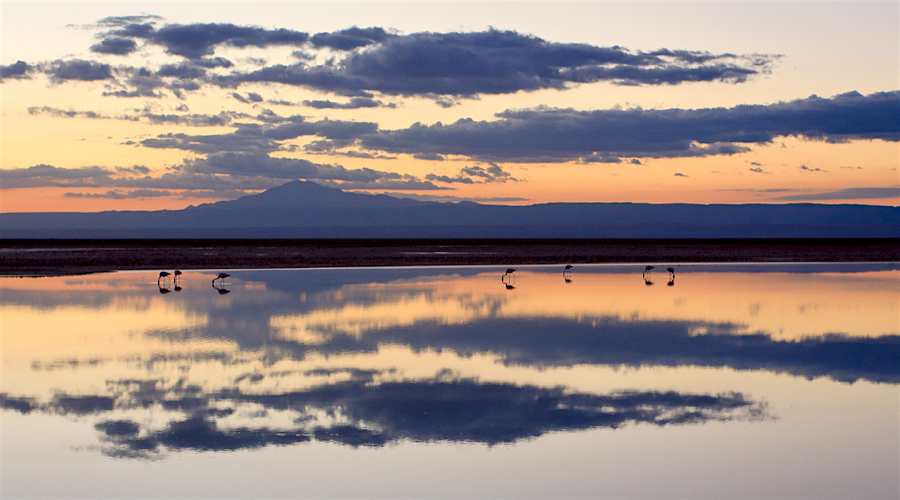Canada-Chile lithium project in Argentina to begin operations in 2019

Chemicals firm SQM, one of the world’s top lithium producers with access to lucrative reserves in northern Chile, and Canadian junior miner Lithium Americas Corp (LAC) have set 2019 as the date to begin operations at their recently formed joint venture in Argentina.
As announced last month, the companies are working on an updating the feasibility study for the Cauchari-Olaroz project, which is forecast to initially produce 40,000 tonnes of lithium carbonate equivalent a year.
The Cauchari-Olaroz project, located in northern Argentina close to the Chilean and Bolivian borders, is set to produce an initial 40,000 tonnes of lithium carbonate equivalent a year.
According to LAC chief executive, Tom Hodgson, construction should begin no later than next year, Diario Financiero reported (in Spanish). He added the initial investment is $314 million, but warned the figure may change once the companies finish updating the feasibility study for the project, located in northern Argentina close to the Chilean and Bolivian borders.
SQM, controlled by the former son-in-law of dictator Augusto Pinochet, has been on uneasy terms with the Chilean government in recent months and has previously expressed an interest in tapping resources outside the country.
The Argentine lithium market, meanwhile, is attracting foreign investors thanks to the recent election of a market-friendly government and interest in exploiting the local reserves of lithium.
White petroleum
The so-called “white petroleum” drives much of the modern world, as it has become an irreplaceable component of rechargeable batteries, used in high tech devices such as smart phones and electric cars. It also has pharmaceutical and other applications.
The setting of a timeframe for Cauchari-Olaroz should ease investors’ worries about the project’s future. This, as SQM is locked in a legal battle with the government of Michelle Bachelet over mining rights in Salar de Atacama, which accounts for more than a third of earnings.
Chilean authorities have threatened to revoke SQM’s license, accusing the company of underpaying royalties. SQM says it has complied with its contractual obligations.
Even though Bolivia has more identified lithium resources than any other country, the current top three producers are Chile, Australia and Argentina, in that order.
{{ commodity.name }}
{{ post.title }}
{{ post.date }}




Comments